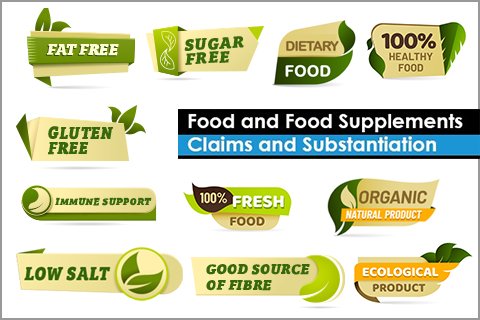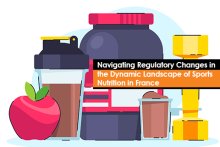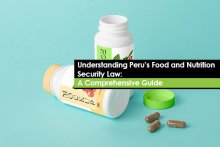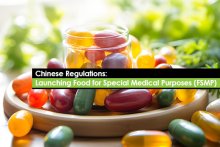Claims are an integral part of the packaging and labeling of any food product or a food supplement. They provide necessary information about the food product to the buyer to help them make an informed buying decision. Before moving forward to the importance of claims in food products, first let’s understand what are claims? Claims are statements or phrases on a product label/ pack or advertising or promotional material to express the product performance/ its usage/ indication/ application. In case of a food product or Dietary/ Food Supplements, there are two types of claims: Health Claims and Nutrition Claims.
These claims on food product labels, promotional material, and advertising are a representation to demonstrate the connection between consumption of a food/ food supplement and it’s supporting health benefits, in the most effective way.
In most of the countries, there are specific regulations and scientific standards for representing claims on the labeling of a food product. These claims should be expressed accurately and must be substantiated scientifically according to the claim supporting data, by a health claims expert. The scientific requirements and substantiation of a claim can differ based on the type of claims (such as health claims, nutrient content claims, structure/functional claims, non- additional claims), type of declarations (such as sugar-free, gluten-free, low-fat), and other country-specific requirements.
However, in some countries, to obtain approval for a health claim, manufacturers are required to submit the health claim application to the respective health authority (HA). The HA then verifies the application and supporting documents/literature in order to authorize the claim on the product label. Therefore, to ensure compliance of claims, food product manufacturers must keep the following basic principles or aspects in mind:
- A food product is not intended to diagnosis, cure, mitigate or treat any of diseases, hence, it must not make any claim of such sort
- Claims must be true, complete and not misleading, in any way
- Special assessment should be done for Drug-Food interphase products or ingredients like multivitamin and minerals, as some of them may not qualify as health claims based on their quantity in the product
- The ingredient/substance that is the subject of the health claim or any other claim for food must have a taste, aroma or supplement or nutrient value when consumed at the levels, used to justify the claim
- Claims have to be strictly defined based on the Regulatory requirement and claims guidelines of the target market
- From a consumer perspective, there are generally two types of claims for any product: Comparative and Non-Comparative claims. These have to be carefully evaluated in terms of advertising and marketing or promotional activities and to suit the needs of the business and client consumption
Considering all the key aspects mentioned above, it is safe to say that before launching a food product or a supplement in a new market, manufacturers must decode and align with the Regulatory requirements of claims for successful market entry. Additionally, manufacturers must also prepare all the necessary scientific evidence required for supporting the claims. In such scenarios, manufacturers are advised to consult the Regulatory experts with in-depth knowledge of the possible hurdles or challenges seen in the global market, which can assist you with the preparation of the necessary scientific evidence and claim substantiation applications to the government agencies/HA.





